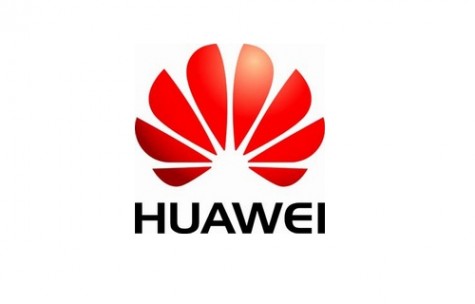SYDNEY – Using the Internet to spy and steal sensitive data is standard practice by all countries, according to the security chief of controversial Chinese telecoms giant Huawei.
The comments published Wednesday follow allegations that Chinese hackers gained access to secret designs for a slew of sophisticated US weapons programs, and stole the blueprints for Australia’s new intelligence agency headquarters.
John Suffolk, a former chief information officer with the British government and now head of security operations at Huawei, said he was not surprised by claims of international hacking.

“Governments have always done that,” he told the Australian Financial Review, adding that the “harsh reality is every government around the world has a similar strap-line for their security agencies”.
“Some people say that spying is the second-oldest profession, where people have tried to get information off us for somebody else, so I don’t think anyone is surprised that any government around the world is trying to find out what other governments around the world are doing.
“Governments have to really focus on what quiet steps they’re going to take, accepting no government will really trust 100 percent another government, regardless of the laws, the policies and procedures,” he added.
Confirming a Washington Post story, US officials said Tuesday that Chinese hackers had breached networks containing designs for an array of advanced US weapons projects, from stealth-fighter jets to missile defence systems.
The Australian Broadcasting Corporation said documents taken in a cyber hit on the spy headquarters included cable layouts for the security and communications systems, its floor plan and its server locations.
Beijing has yet to comment on the latest US claims, but called the ABC accusations groundless.
Huawei has been at the center of cyber-espionage concerns itself, with the US Congress last year raising fears that its ties with Beijing meant telecom equipment supplied by the company could be used for spying.
Congress called for its exclusion from US government contracts and acquisitions.
Australia has also barred the firm from involvement in its new national broadband network because of security concerns.
Suffolk said Huawei was a “piggy in the middle” of the broader dispute over hacking between China and the United States.
Related: Huawei Founder Breaks Silence to Reject Security Concerns
Related: PLA Concerns Lead to Huawei Being Blocked in Australia
Related: Huawei Calls for Global Security Standards
Related: China’s Huawei Responds to US Hackers
Related: China’s Huawei to Curb Business In Iran
Insight: A Convenient Scapegoat – Why All Cyber Attacks Originate in China












